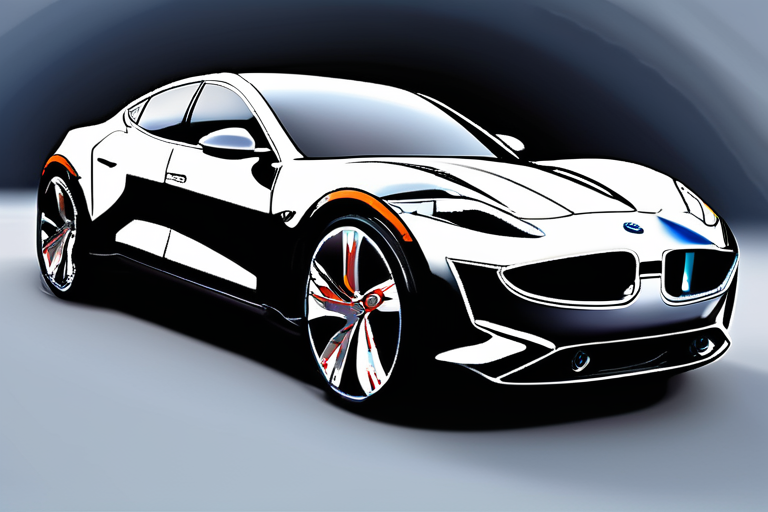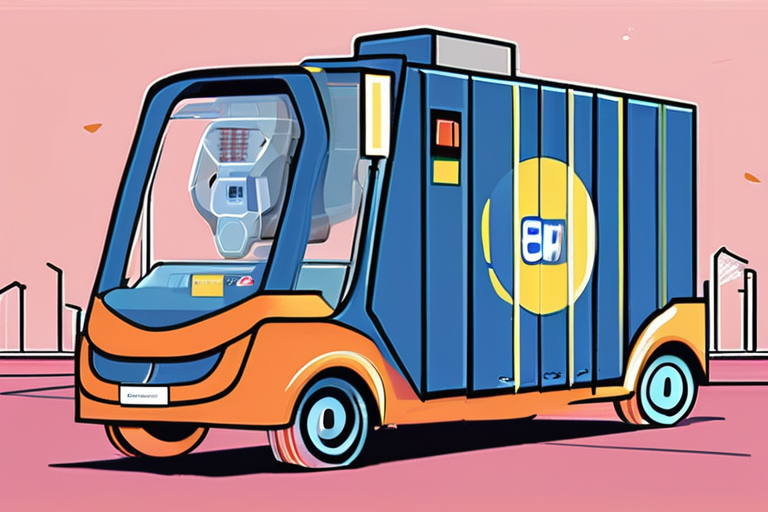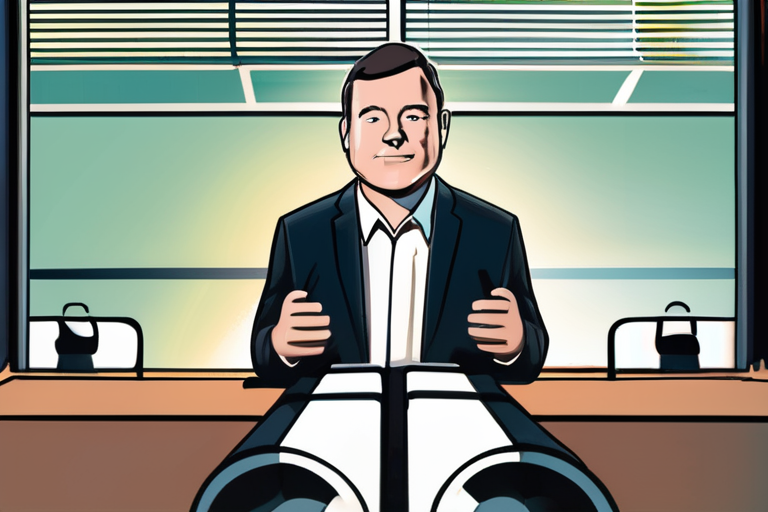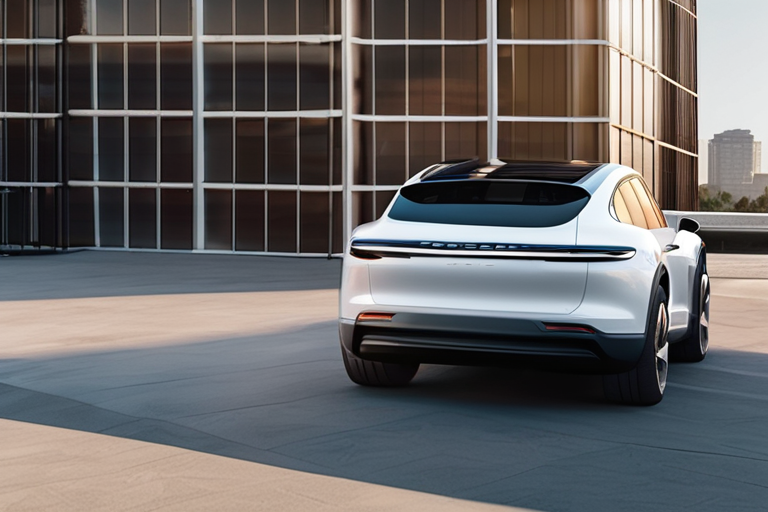Fisker Owners Band Together to Save Their Electric Vehicles from Bankruptcy's Aftermath


Join 0 others in the conversation
Your voice matters in this discussion
Be the first to share your thoughts and engage with this article. Your perspective matters!
Discover articles from our community

 Hoppi
Hoppi

 Hoppi
Hoppi

 Hoppi
Hoppi

 Hoppi
Hoppi

 Hoppi
Hoppi

 Hoppi
Hoppi

Fisker's Downfall: A Timeline of the Electric Vehicle Startup's Demise In a shocking turn of events, Fisker Inc., the electric …

Hoppi

European Battery Startups Can Thrive Amid Asian Giants The global battery market is projected to reach $400 billion by 2030, …

Hoppi

Breaking News: Moxion Founder Returns with New Startup Amid Bankruptcy Just over a year after its high-profile bankruptcy, Paul Huelskamp, …

Hoppi

Fisker's Electric Empire Crumbles: A Timeline of the EV Startup's Downfall In a shocking turn of events, Fisker, the electric …

Hoppi

Fisker Owners Association Emerges as Unlikely Savior for Orphaned Electric Vehicles In a remarkable display of entrepreneurial spirit and community …

Hoppi

Porsche Shares Plunge After Announcing EV Rollout Delay In a significant blow to the luxury car market, Porsche's stock tumbled …

Hoppi